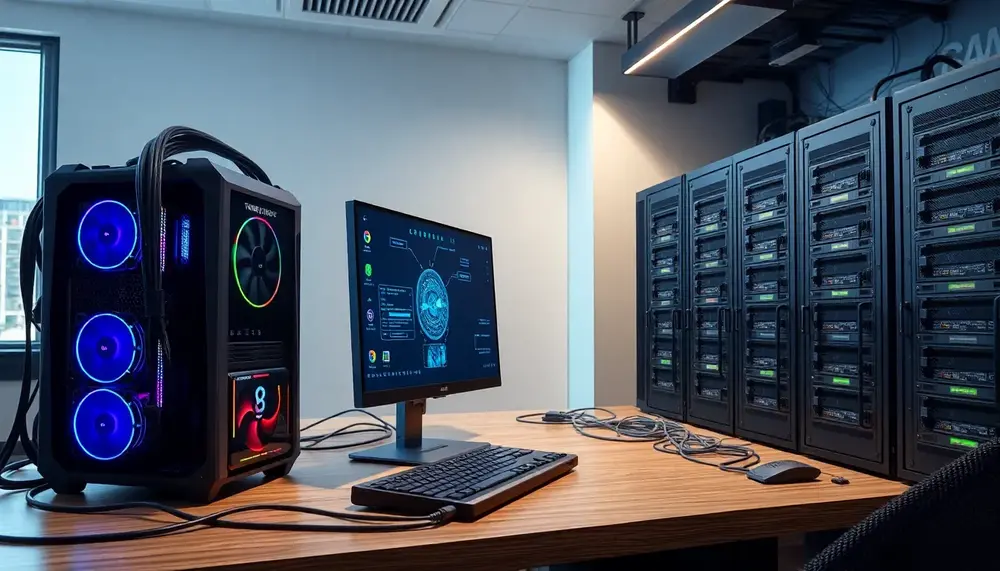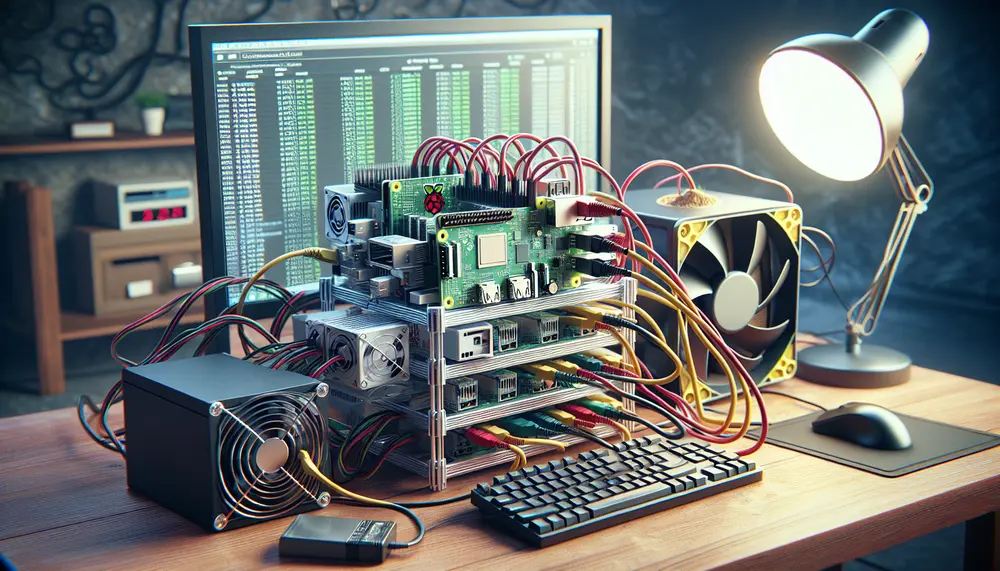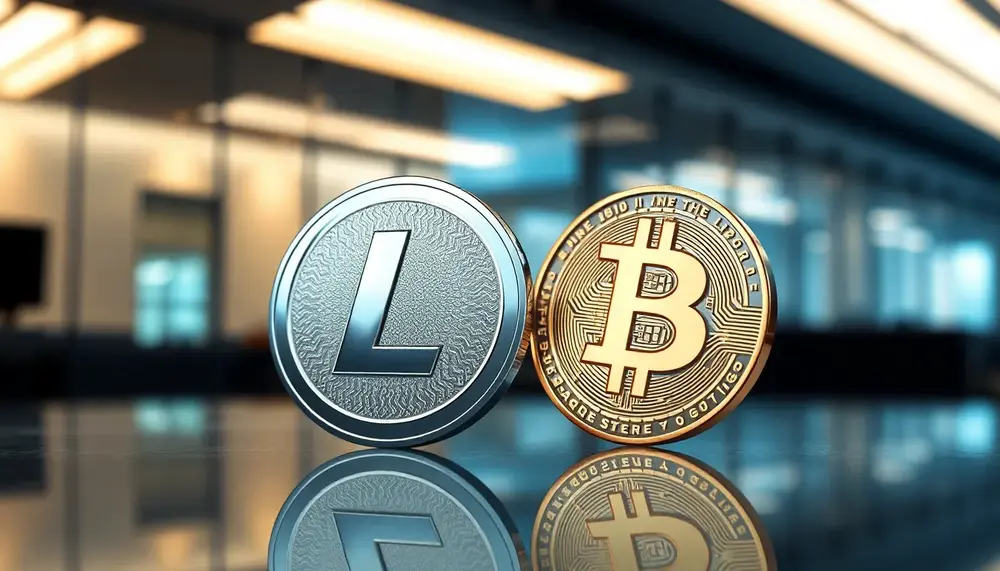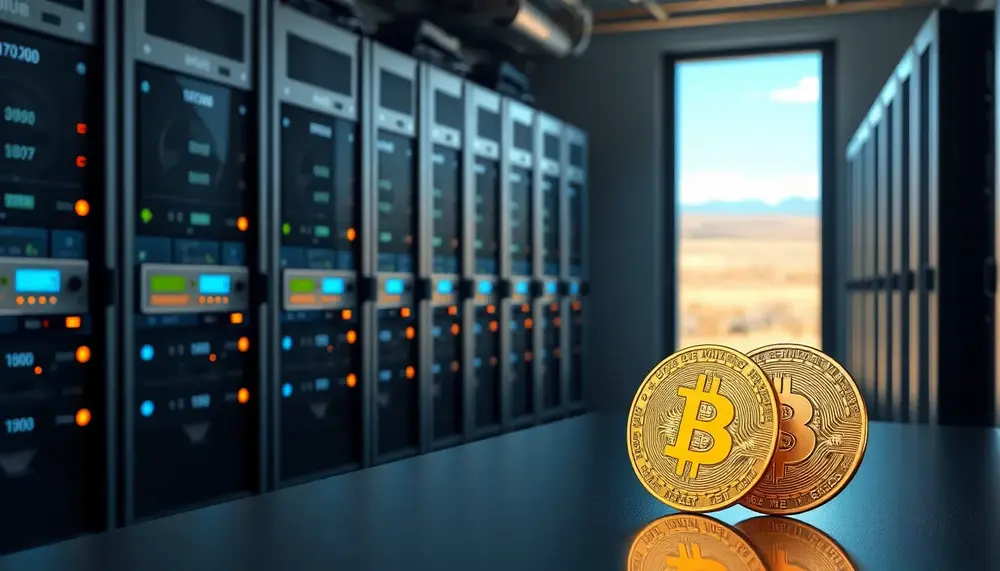Understanding the Lightning Network
At the core of any discussion about Bitcoin Mining is the idea of transaction speed. A vital element in this equation is the 'Lightning Network'. This network adds a second layer to Bitcoin's blockchain, allowing users to create payment channels between any two parties on that extra layer. These channels can exist for as long as they are required, providing an avenue for more rapid transactions.
How does the Lightning Network work?
Imagine that you and a friend want to bet using Bitcoin on the outcome of a sports game. Instead of making a blockchain transaction (which could be slow and costly), you can open a Lighting Network channel. Both of you put in an amount of Bitcoin (a funding transaction) into a multisignature wallet. Let's say you each put in 0.05 Bitcoin. The wallet requires the agreement or more accurately, the signature, of both parties to transact. The key aspect here: this funding transaction is the only time your activity gets recorded on the blockchain.
Advantages of the Lightning Network
The Lightning Network proves to be advantageous in many ways. For starters, it's quick because transactions don’t need to be added to the blockchain straightaway. Moreover, it's inexpensive as the network drastically reduces the cost related to network participation. It also provides better scalability, as it can handle a massive number of transactions per second, thus overcoming a major Bitcoin hurdle. Lastly, it maintains privacy as transactions are not publicly recorded on the blockchain.
Lightning Network and Bitcoin Mining
So how does this all tie in with Bitcoin Mining? When it comes to mining, the Lightning Network offers a possibility to maintain the security and decentralization of Bitcoin while improving its viability for day-to-day transactions by boosting its speed and reducing cost. It also opens up new mining opportunities. Miners can earn fees by running Lightning nodes, and these can be more profitable as the number of transactions on the network grows.
To Conclude
The Lightning Network is a game-changer in the world of Bitcoin and digital currencies. It's a scaling solution that doesn't compromise on the decentralization and security that blockchain offers but tackles its limitations in transaction speed and scalability head-on. With its contribution to Bitcoin mining, it holds promise for miners looking to maximize earnings and innovate within the network.















